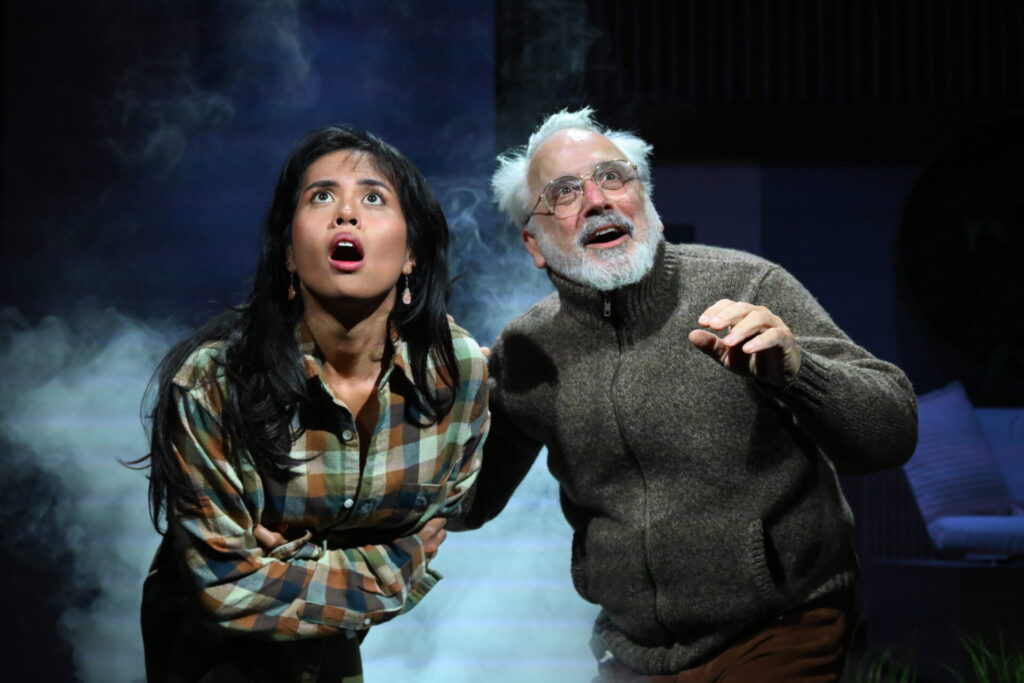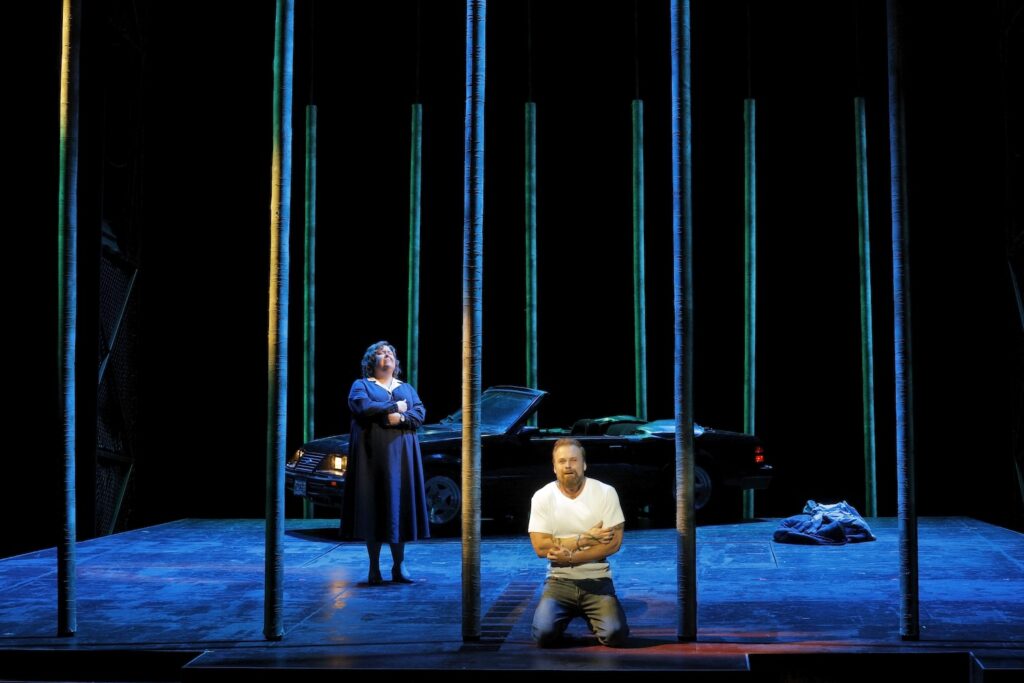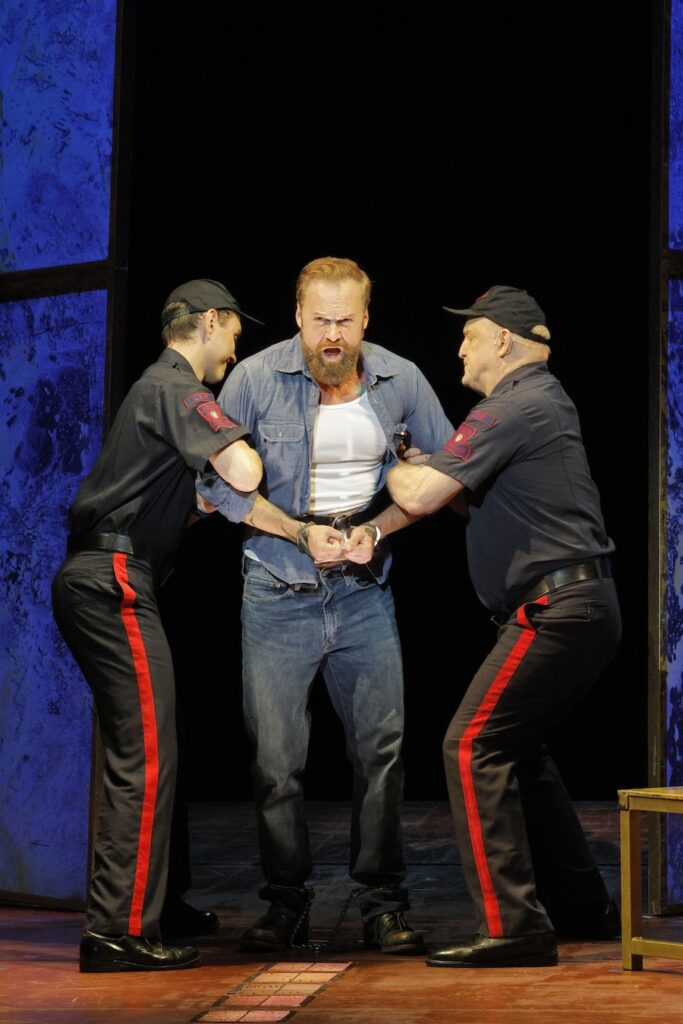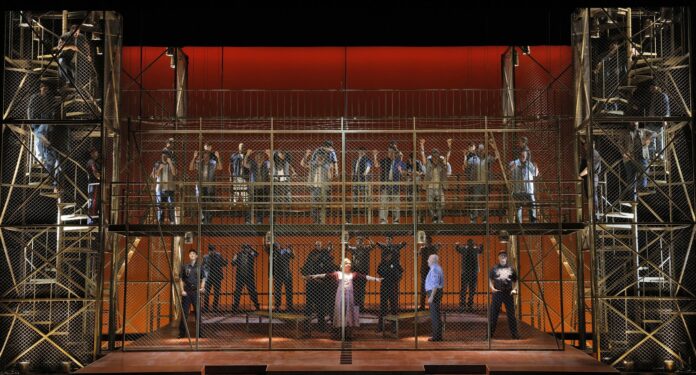I’ve spent almost two years listening to pro-Israeli voices defend the bombardment Gaza as retaliation for October 7. They say they want accountability for the hundred-plus hostages and the thousand-plus casualties. Then why are there now more than 200,000 dead Gazans, countless more injured and displaced, and the land almost entirely rubble? Funny thing about revenge: It doesn’t limit itself to any set number.
(And yes, I’m aware that the word “revenge” is doing a lot of heavy lifting there, given Israel’s US-funded genocide raging for more than 70 years.)
One of the great shames of humanity—and there are many—is how we put a price on life itself. Other species may have complex behaviors, but we’re the only ones who’ve made bartering life into a science. From slavery to expensive healthcare, from clean water to comfortable linens, everything that makes a human life worth living has a price tag attached to it.
I won’t pretend I’ve gone my whole life without assigning numerical value to people, but the benefit of maturity is putting aside the stupid things one does or thinks about in their youth. What’s more, being fond of Socialism allows one to see the equal value of all human life—a value not shared by the dead fascist that was buried in Arizona this week. That posthumous revisionism of his life show the power of storytelling in assigning value to existence.
By happenstance, both of the shows below are about coming to grips with that “value.” It’s to their mutual credit that neither one presents a definitive answer to their moral quandaries. It’s also to their credit that they show the danger of reducing sentient life to mere numbers.

The Motion world premiere at Shotgun
The above intro reminds me why I anticipate Christopher Chen plays so much. Unlike his pretentious peers Annie Baker and Branden Jacobs-Jenkins, he isn’t amazed by the sound of his own literary voice. Whereas every Jacobs-Jenkins script reads like a term paper, Chen is always interested on the human toll taken by each large topic he writes about, be it the complexities of racism or minutiae of trying to start a new society. One of the best shows of the past five years was Communion for ACT, which elevated the shelter-in-place “Zoom play” to a true art by making it both an intimate drama and Penn & Teller routine. It pulled the wool over everyone who saw it (myself included) because it never forgot how every human craves a connection.
Chen’s latest work, The Motion (world premiere through October 12 at the Ashby Stage, Berkeley), similarly takes some of the geekiest sci-fi tropes and use them as the basis of a chamber play about finding common ground. That’s how we audience members end up in the audience of the debate show Intelligence Cubed, hosted by Jack Donovan (Erin Gould). Today’s topic is whether potentially-fatal animal testing should be banned, with we audience members casting the deciding vote via red and green cards.
In favor of the ban are Dr. Alan James (David SinaIko) and Prof. Lilly Chan (Gabrielle Maalihan), who compare testing procedures to the worst human torture. Against the ban are Dr. Sarah Matthis (Erin Mei-Ling Stuart) and Prof. Neel Serrano (Soren Santos), who insist that testing isn’t that barbaric and that medical milestones rely on it. Naturally, it isn’t long before the debate gets heated. What’s unexpected is that the quartet soon find themselves in a confined (if gorgeous) space where they must not only debate the topic, but deal with the newfound ability to read one another’s minds. Needless to say, perspectives on everything change.

I won’t say any more for fear of spoiling (Chen does like his twists), but the playwright knows how to get the audience to let down their guard and forget the experiment. The only reason I didn’t completely forget is because I was raised on the Twilight Zone and Star Trek: TNG episodes that likely inspired the play’s supernatural set-up. Still, the natural way the characters adapt to their lovely new “cage” (another winning set design from Nina Ball) makes sense and adds a complexity to Stockholm syndrome that most don’t often consider. It’s why there are people who still won’t leave Facebook, despite it helping push the country into fascism.
Although I’ve been seeing more masks of late, there still weren’t that many at the Ashby opening night. With the show about an hour-and-a-half, CO² levels on my Aranet4 peaked around 1,209ppm by the final bow. The show will have a mask-required performance on October 5 and will stream on-demand Oct. 13–17.
Though director and Shotgun AD Patrick Dooley seems to push a bit too hard for laughs at times (was Serrano supposedly to be so punchably smug at the start?), his ensemble—particularly the always-watchable Erin Mei-Ling Stuart—give sincere impressions that their characters have transformed, which makes it so intriguing to watch their new personalities clash with their own academic knowledge in the final scenes. The Motion’s finale takes fate out of the hands of the characters for a specific reason. It didn’t change my own position on animal testing (I’ve read too much about Tuskegee and the Holocaust), but it proves how easy a point-of-view can evolve when you recognize a person is, well, a person.
THE MOTION’s world premiere runs through October 12 at the Ashby Stage, Berkeley. Tickets and further info here.

Dead Man Walking at SF Opera
I didn’t get to see Dead Man Walking (through September 28 at the War Memorial Opera House) during its SF Opera world premiere 25 years ago. After A Streetcar Named Desire, I was—even at that age—skeptical of using opera to tell more contemporary stories, especially such a low-key story as this one. I still have mixed feelings about an inherently bombastic format taking on smaller, more contained tales, but Dead Man Walking seems to be more about adding magical realism to the earthbound setting.
Based on the memoir of the same name (as was the acclaimed 1995 film), the story follows Sister Helen Prejean (a well-cast US mezzo Jamie Barton) as she travels to Angola prison to counsel convicted murderer Joseph De Rocher (US bass-baritone Ryan McKinny) shortly before his execution. He maintains his innocence and hopes that Prejean, an anti-death-penalty activist, will speak on his behalf and have his sentence commuted.
In adapting Prejean’s memoir, the story lives or dies with the emotional and cultural bond forged between the devout Catholic and convict who reached out to her. (In adaptations, the convict is a fictional composite of several men Prejean counseled.) Unfortunately, the late Terrence McNally’s libretto seemed to have forgotten this almost immediately, limiting the Prejean-De Rocher scenes to their tête-à-têtes and only adding in a mutual affinity for Elvis late in the game. Without that bond, it’s hard to understand why Prejean—who openly laments the long drive to the prison—continues counselling De Rocher out of anything more than obligation.

What is captivating is composer Jake Heggie’s grand score and the dramatic staging of everyone on Michael McGarty’s lovely set. The opera opens with a shocking recreation of the crime and a smooth transition to Prejean leading a children’s choir, which is seamlessly pulled off. Not as seamless is the transition from singing voices to speaking voices, as everyone’s speaking accents tend to be head-tilting.
(I watched the production as part of SF Opera’s livestream, so there were no CO² readings to take. Still, I was delighted to see one front-row patron in a Flo Mask.)
Dead Man Walking is an imperfect opera co-written by one of the most lauded names in theatre. There are certainly moments when it supports its moral argument, but it’s hurt by the lack of affinity between its two leads. Barton’s performance and the lavish set design definitely are worth seeking out, but it winds up supporting the idea that story was too small for such a grand production.
DEAD MAN WALKING runs through September 28 at the War Memorial Opera House. Tickets and further info here.







